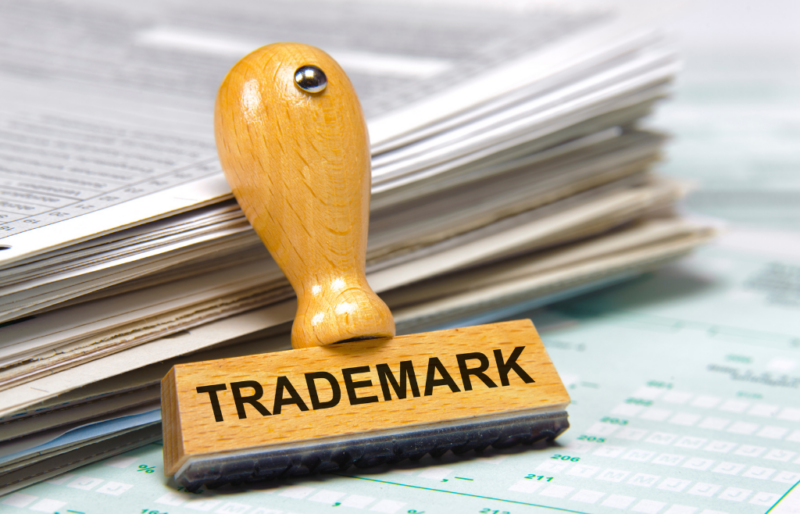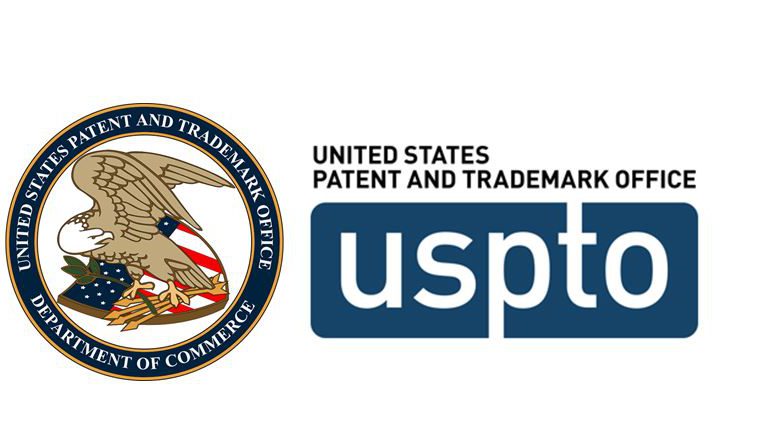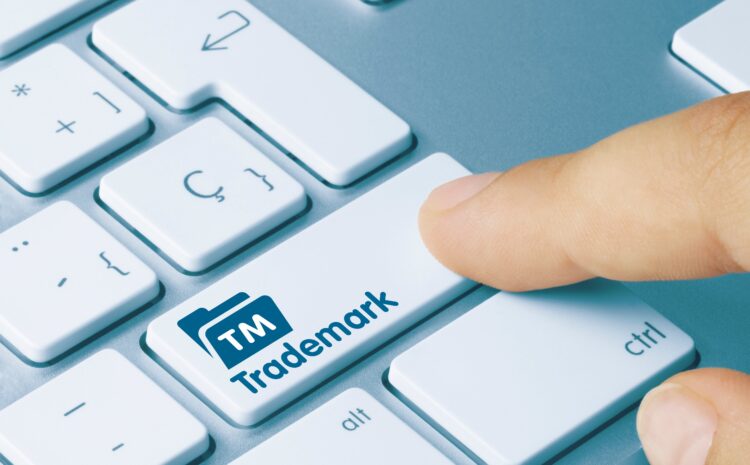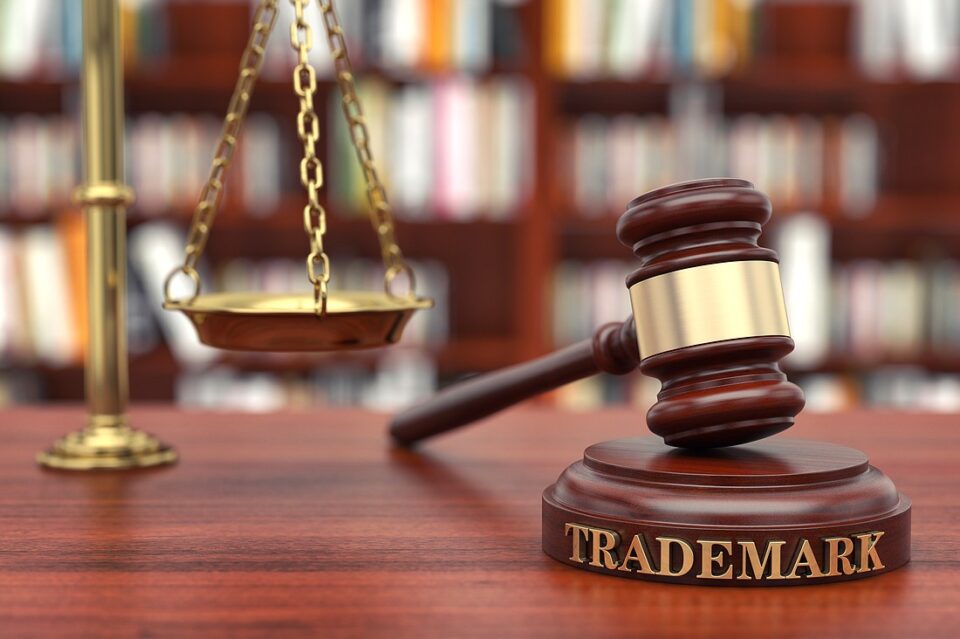Setting up a business has many aspects to it. This includes ensuring that your brand name and other elements like logo and catchphrases representing your brand are protected. This typically involves looking into how this name or elements are used by other people who do not represent your brand.
To do this, many business owners have found it beneficial to trademark these brand elements. But, considering how intertwined the processes of trademark registration are with other forms of intellectual property law, hiring a trademark attorney has proven to be more judicious.
Not only do they make the process easier due to their experience and expertise in the field, but they also have appreciable knowledge that saves you from being caught in the web of the many myths that prevail over trademark registration.
Trademark law is a complex and nuanced field, and as a result, there are several myths and misconceptions that have become prevalent in popular culture. Some of these myths are so widespread that they have become accepted as fact. In this article, you will explore some of the biggest trademark myths and debunk them to provide a clearer understanding of this important area of law.
1. Trademarks are the same as patents and copyrights

The nexus between trademark law and other forms of intellectual property (IP) law is so closely interwoven that one is often taken to be the other. One of the most common myths surrounding trademarks is that they are the same as patents and copyrights.
However, this is not the case. Patents protect inventors and their creations, while copyrights protect creators and their artistic works. Trademarks, on the other hand, protect businesses and their brand identities. They are used to identify the source of goods or services and distinguish them from those of other businesses.
Hence, if your goods or business products are not your own invention, you do not need to concern yourself with patents but should rather go ahead to register your chosen distinct business trademarks.
2. Any word or phrase can be trademarked

Another common myth is that any word or phrase can be trademarked. While it is factual that almost any word or phrase can be trademarked, there are certain limitations. For example, words or phrases that are too common or descriptive, especially in that particular field, cannot be trademarked.
Additionally, trademarks must be distinctive to be eligible for protection. The hallmark of a trademark is that it must help with the specific identification of the goods or services you are offering.
3. Common words or phrases cannot be trademarked
While it is true that you cannot trademark a common word or phrase on its own, you may be able to trademark it as part of a brand name or logo. For example, “Apple” is a common word, but when used as a brand name for computers and other products, it is eligible for trademark protection.
This is because it is not used in the food or fruit business. Its usage is arbitrary and is not descriptive of the industry the company nor the specific product represents. While it is common and generic, it is peculiar in its usage and, therefore, measures up to the eligibility requirements for what can be trademarked.
4. Trademarks last forever

Another myth about trademarks is that they last forever. The legal system can only offer so much protection to business owners who trademark a name, phrase, or design. This trademark protection is valid only as long as they are being used in commerce. If a trademark owner stops using the mark, it can become abandoned and available for others to use.
Also, trademarks must be renewed every ten years to remain in effect. If a mark owner, for any reason, cannot renew their right to a trademark within a stipulated period, there can be grave consequences. The ultimate consequence is the risk of having your trademark removed from the register.
5. Trademarks are only necessary for large businesses

Many small businesses may believe that trademarks are only necessary for large, established companies. However, this is not the case. Trademarks are important for businesses of any size, as they help to protect the brand identity and reputation of the business. Without a trademark, a business may be at risk of losing its unique identity to competitors.
Any business, no matter how small, can benefit from trademark protection. Trademarks can help small businesses establish their brand identity and protect their reputation in the marketplace. It is even more crucial if the business seeks to expand both locally and globally.
6. Trademarks must be registered to be protected

While registering a trademark with the USPTO can provide additional legal protections and benefits, a trademark doesn’t need to be registered to be protected. Trademarks are protected under common law as soon as they are used in commerce. However, it is generally advisable for businesses to register their trademarks to strengthen their legal protection.
While using a trademark does establish rights in that mark, registering it with the appropriate government agency, the United States Patent and Trademark Office (USPTO), provides a number of legal benefits. These include the ability to file a lawsuit to protect your trademark and the ability to use the registration symbol ®, which can serve as a deterrent to others considering using a similar mark.
Also, legal registration of your trademark gives you enough legal leeway to file for the same trademark in other countries outside the United States.
7. Domain name ownership does not permit exclusivity to a mark

Depending on the nature or class of the goods and services your business offers, having a strong online presence might be a prudent marketing strategy. This means you may acquire a domain name and adopt the chosen domain name as your trademark.
However, a registered domain name is a different territory from trademark rights. The only action that reserves a trademark for any business is its use in commerce.
Bottom line
Conclusively, the many myths surrounding trademarks can lead to confusion and misunderstanding. By debunking these myths, you can gain a clearer understanding of the role and importance of trademarks in protecting the identities and reputations of your business.

